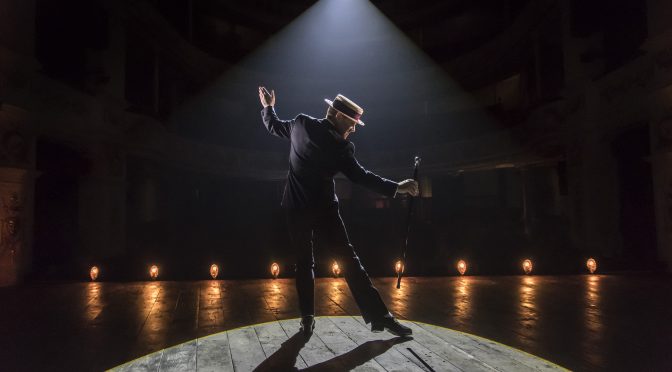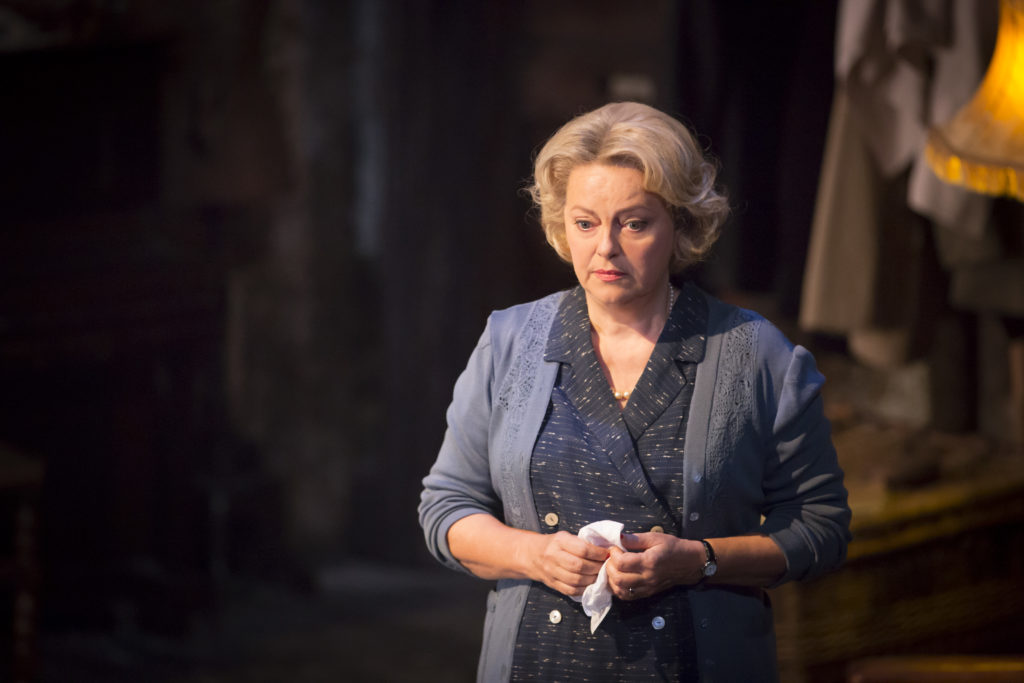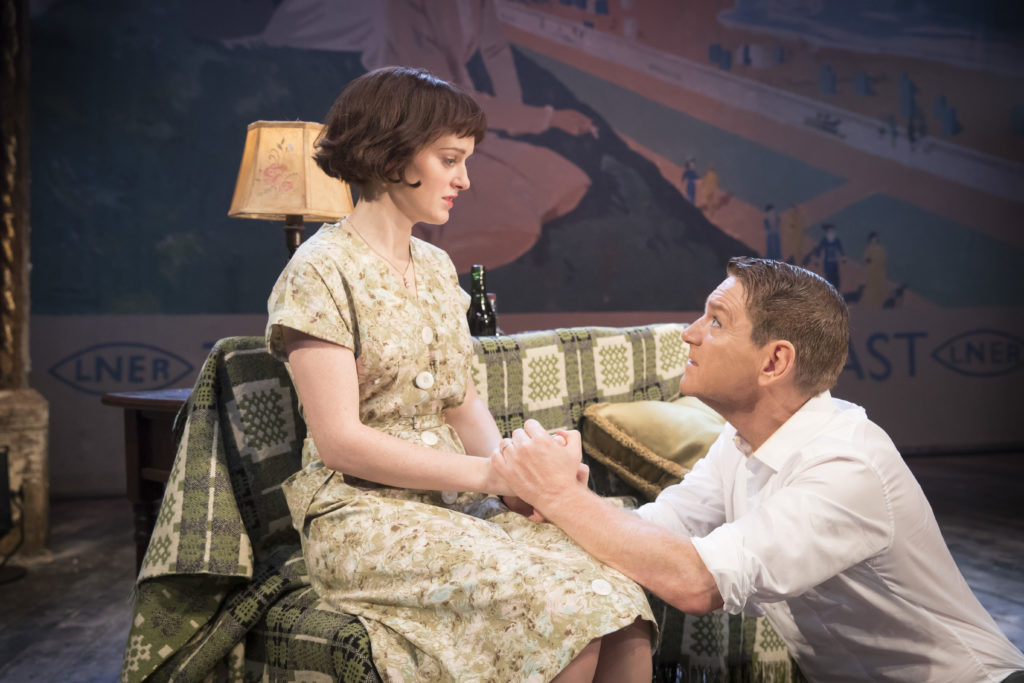Given its fame, John Osborne’s 1956 play is performed less than might be expected. This chance to see the show that became synonymous with the “angry young men” who changed British theatre is, therefore, welcome. Director Sebastian Palka’s production is unflinching in its commitment to the piece.
The young married couple and their friends, from conflicting backgrounds, whose flat share is a “battleground”, allowed Osborne to interrogate the hypocrisy and injustice of his time. The anger and passion here are clear – credit to Palka and his team. And special mention to Marta Anna Licwnko and Tina Torbey, whose set design conveys a sense of off-kilter claustrophobia and poverty. But whether you find all this – and how dated it feels – interesting becomes an important question.
The lead role of Jimmy Porter is a massive part for recently graduated James D Fawcett and he tackles it with a bold directness. For Jimmy is, frankly, odious and tedious. Unbelievably selfish and cruel to all, this character still shocks. His misogyny, presumably based on class, is extremely uncomfortable to watch, his arrogance is repulsive.
While the challenge from the play is clear – its “bite, edge, drive” are all present – the production lacks humour and steadfastly denies any empathy for its lead character. The latter is understandable, as Jimmy says some truly awful things. But his pain only becomes real in the final moments, robbing the text of nuance. Surely Jimmy should come across as a lot smarter, or at least wittier? The key might be his wicked irreverence, with tongue-in-cheek talk of his “sensibilities”, but all this is too seldom foregrounded.
Thankfully, strong supporting performances help out. Another professional debut, Aaron Bennett, gets a great deal from his part as Cliff, who is slowly alienated from his friends. And the two female performers are very good indeed: Rowan Douglas brings plenty of layers to the role of Jimmy’s wife, pinned behind an ironing board for too long, while, as steely and snobbish Helena, Holly Hinton manages the play’s faintly ridiculous conclusion well. In Helena’s eyes Jimmy is “horrifying and oddly exciting”. It’s clear the production shares her fascination with the character and the play. But despite some sound work here, I found little to enthuse about in this famous piece.
Until 14 March 2020
Photo by Nicolas Chinardet




